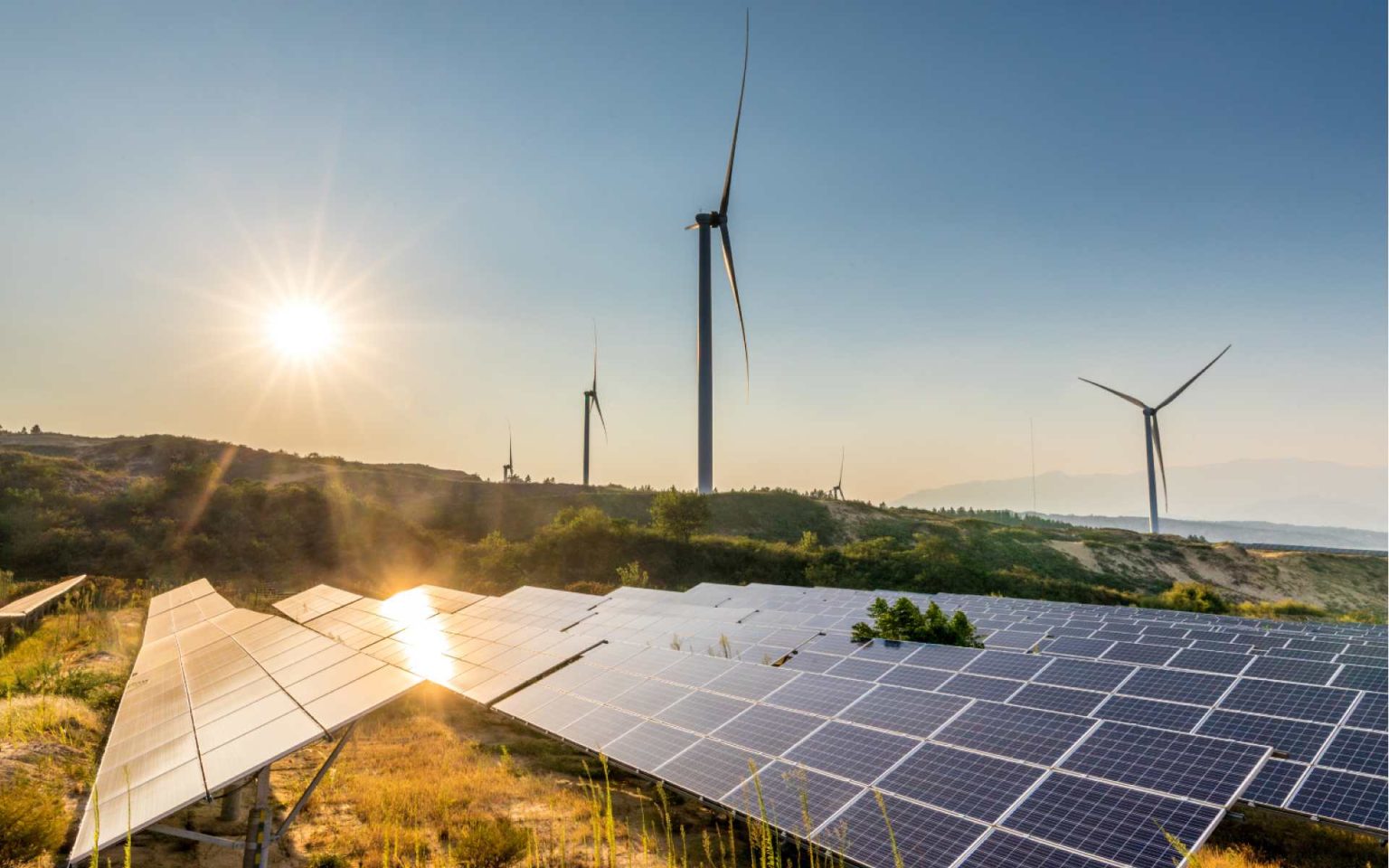The African Continental Free Trade Area adds a strategic layer to the value of SEZs by harmonizing trade regulations and expanding market access. SEZs can now serve as regional energy hubs linked by integrated infrastructure – pipelines, power transmission networks and export terminals – while leveraging continent-wide supply chains and demand centers. As Africa deepens regional integration and energy development, SEZs will be central to shaping a more industrialized, self-sufficient and globally competitive continent.
Generation
Posted By OrePulse
Published: 02 Jul, 2025 11:00

Africa Taps SEZs to Accelerate Energy Projects, Attract Investment

Special Economic Zones (SEZs) are emerging as powerful catalysts in Africa’s energy and economic transformation. Designed to fast-track infrastructure development, enhance energy access and attract strategic investment, SEZs are positioning African nations as competitive destinations for global investors. Their appeal lies in tailored incentives, streamlined regulations and proximity to key transport corridors, making them ideal hubs for both upstream and downstream energy ventures.
Building Integrated Energy Infrastructure
In South Africa, the Coega SEZ has become a focal point for green hydrogen development. One of its flagship initiatives – the Hive Hydrogen Green Ammonia Project – recently secured a $20 million investment from the SA-H2 fund, backed by Japanese conglomerate ITOCHU. Developed by Hive Hydrogen South Africa, a joint venture between Hive Energy and BuiltAfrica, the facility will harness 3.6 GW of renewable energy (2.4 GW wind and 1.2 GW solar) to power a 1.2-GW electrolyzer. Once operational, it is expected to produce 1 million tons of green ammonia annually for export to Europe and Asia.
Also within the Coega SEZ, salt producer Cerebos has expanded operations by integrating 2.6 MW of solar power and 4 MWh of battery storage to support its energy-intensive desalination processes. According to the Coega Development Corporation, such investments are part of a broader effort to transition toward 100% renewable energy, demonstrating how SEZs can facilitate industrial decarbonization while reducing operational and logistics costs.
Aligning with National Energy and Development Goals
In the Republic of Congo, the Ignié SEZ exemplifies a new generation of zones designed to promote energy independence and sustainability. Anchored in the country’s Ignié 2021–2046 development strategy, the zone will be powered by a hybrid system combining a 55 MW solar PV plant and a 10 MW biomass plant utilizing household waste. Construction is scheduled to begin this year, led by local firm Tinda Energy in partnership with Sinohydro and Complant. The initiative is set to reduce reliance on imported power, attract foreign direct investment and foster clean-tech industrial growth.
Meanwhile in Senegal, SEZs play a central role in the country’s industrialization agenda. Zones in Diass, Diamniadio and Sandiara offer tax and regulatory incentives to attract energy and manufacturing companies. With first oil and gas recently produced from the respective Sangomar and Greater Tortue Ahmeyim field developments, SEZs are poised to help translate hydrocarbon revenues into local value addition and job creation. A new SEZ is also being developed in Louga as part of the National Industrial Development Strategy, with 50 hectares already allocated and 14 additional industrial hubs planned in future phases.
Positioning SEZs in Africa’s Continental Trade Future
Related Articles
Trending News
Precious Metals
Ivanhoe rapidly scaling up output at Platreef amid ‘supercycle’ for prices...
14 Jan, 2026 13:28
40 min read
Energy Other
TotalEnergies forms Middle East trading venture with Bahrain's Bapco Energies...
14 Jan, 2026 13:08
44 min read
Precious Metals
Silver prices rise over 5 percent, crossing $91 mark for first time in history...
14 Jan, 2026 12:49
43 min read












